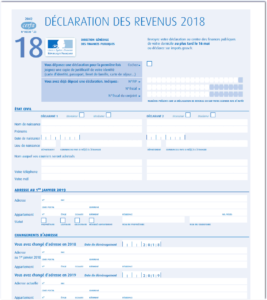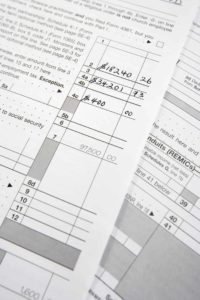Tax Exemption – Advantages of the Franco-American Convention

Real estate investment in Miami is a great opportunity for people wishing to diversify their assets; they enjoy an advantageous fiscal framework thanks to the French American non-double taxation agreement.
The taxation in France of rental income generated in the United States is canceled through the granting of a tax credit. This leaves only U.S. taxation to weigh on returns.
The state of Florida does not levy any taxes on income. Only federal taxation remains at lower property rates than those observed in France.
Finally, the Miami real estate market carries great opportunities with very attractive prices still.
Its development perspectives are important and its rental market has never been so good.
See the other benefits of the France-USA convention:
https://www.irs.gov/businesses/international-businesses/france-tax-treaty-documents
Legal structure of an investment in Florida

There is no need to be an American resident to own real estate or to open a business in Florida.
It is wise to open a “corporation” (U.S. LLC) to carry your real estate assets in Florida and also to protect yourself against the law of FIRPTA (Foreign Investment in Real Property Tax Act of 1980) which requires, in case of property transfer, the withholding tax of 15% of the selling price. This procedure can last nearly a year to be refunded only by proving IRS (the American treasury) that no tax is due. In the same manner, this tax will be about 36% if the property comes to generate rental incomes and sold in within the same year of the acquisition.
In the event of estate and death duties protection – taxation from the first $60,000 for the non-residents – the corporation can be used. However, the best protection remains in doing an off-shore company (BVI, Cayman …) that becomes the main shareholder of your American company. Consult a tax optimization lawyer to validate the lawfulness of such setting in order not to be in violation with either the American fiscal regulation or those of your residence country.
The companies are all “SARL” and are of two types; “Corporation” (Corp.) or “Limited Liability Corporation” (LLC). There is no capital deposit and the annual renewal fee is of $140. The “Corporation” is not limited to a particular object and can cover a wide range of activities.
There is no personal income tax on the part of the State of Florida. Taxpayers are only subject to the national (federal) tax with the IRS (Internal Revenue Service).
Source : “Invest in Miami” magazine
(It is imperative to verify the legality of such arrangements with a tax optimization lawyer and legal advisers. We disclaim all liability, and relay this article for informational purposes and without prejudice.)
Property taxes in Florida
The property tax is computed at about 1.8 – 2% of the property value (purchase price) the first year of acquisition. It goes drastically down the following years as the computation is then based on the assessed value: the county property appraiser updates the assessment of all real properties annually for tax purposes.

The property tax in Florida is levied on the calendar day basis at the end of the fiscal year for the period starting January 1st to December 31st.
This tax is payable from November 1st of the current year and must be paid no later than March 31st of the following year.
Paying in November gives discounts as follow: 4% off in November, 3% off in December, 2% off in January and 1% off in February.
After March 1st, the full amount is due and payable before March 31st, or you will be delinquent April 1st by the IRS (U.S. Treasury).
Like in France, it is shared prorata temporis between the seller and buyer based on the closing date.
Important facts
– About 2% of costs of the acquisition amount upon purchase,
– Amortization of the amount of the property over 27 ½ years,
– No double taxation (Franco-American convention of August 31, 1994),
– 20% taxe on capital gains,
– Usual cost deductions, etc.






